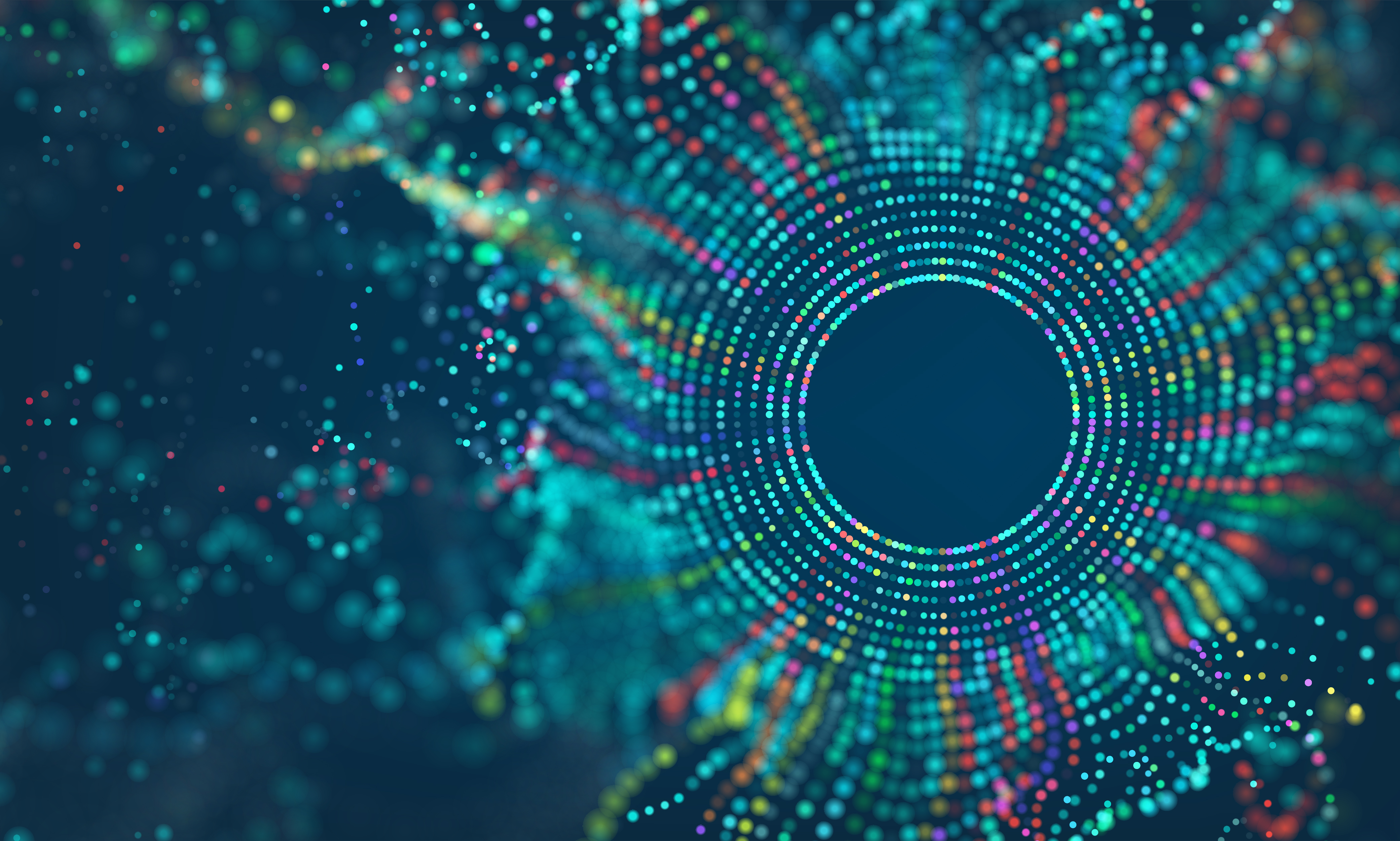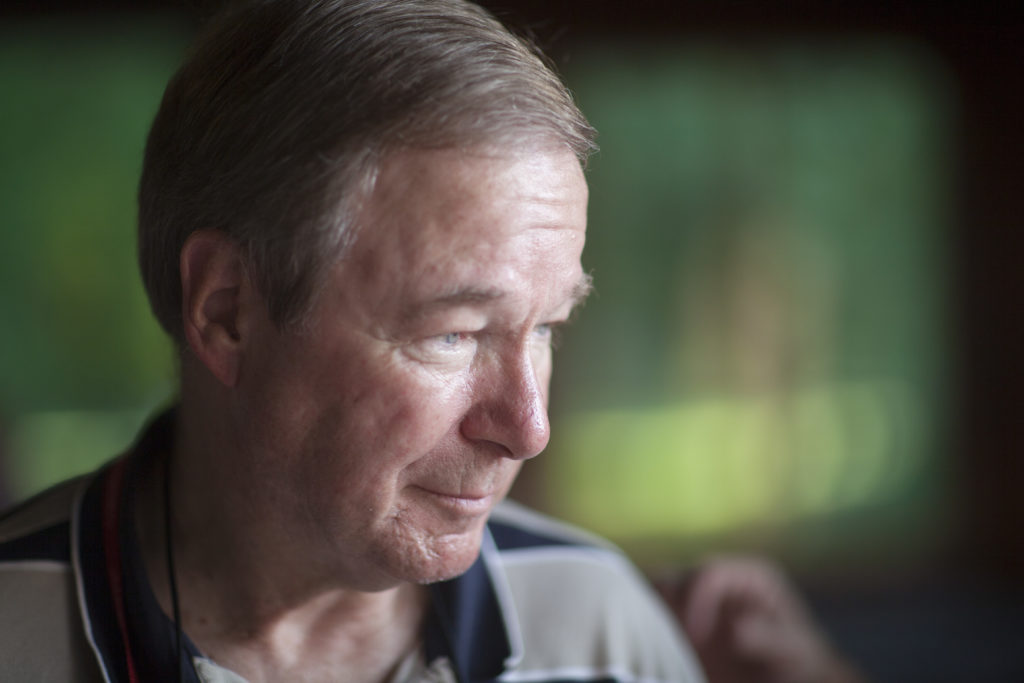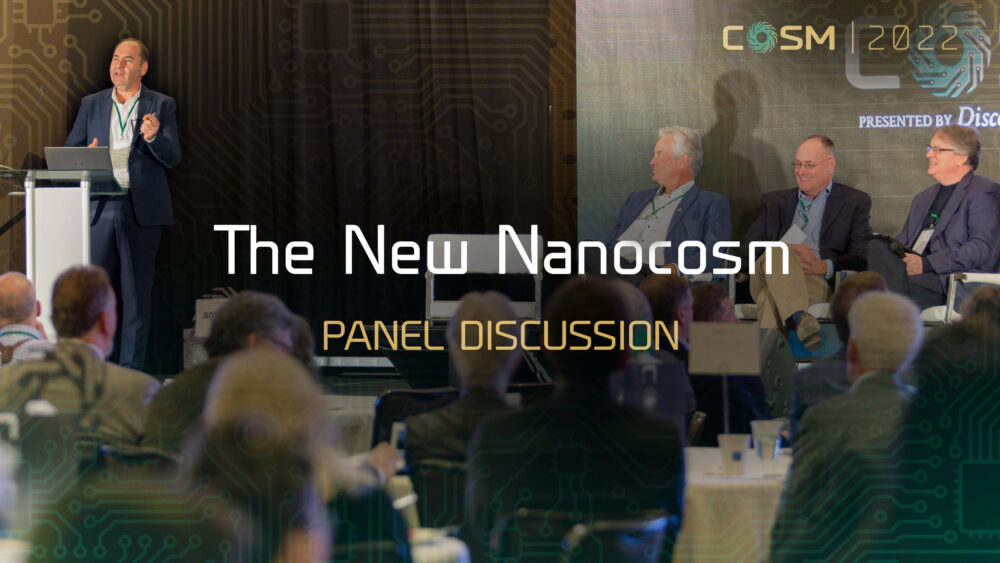


Mission
The mission of the Walter Bradley Center for Natural and Artificial Intelligence at Discovery Institute is to explore the benefits as well as the challenges raised by artificial intelligence (AI) in light of the enduring truth of human exceptionalism. People know at a fundamental level that they are not machines. But faulty thinking can cause people to assent to views that in their heart of hearts they know to be untrue. The Bradley Center seeks to help individuals — and our society at large — to realize that we are not machines while at the same time helping to put machines (especially computers and AI) in proper perspective.

About Walter Bradley
Walter Bradley is my hero because the impact of his life will be celebrated in perpetuity. I want a heritage like that. But ironically such a goal cannot be achieved by making it a goal.
⋮ Read More …
Articles and Podcasts
Bioethicists Want to Rule the World
- April 26, 2024
- 4
AGI as Magic: Not Real, But Still Deadly
- April 25, 2024
- 2
Does AI Make Immortality Possible?
- April 25, 2024
- 1
Video
Is the Future Really on the Chain?
- February 16, 2023
China Decoupling
- February 16, 2023
On the Shoulders of Giants: Celebrating the Internet Pioneers
- February 15, 2023
Electric Cars: Salvation or Fantasy?
- February 15, 2023


